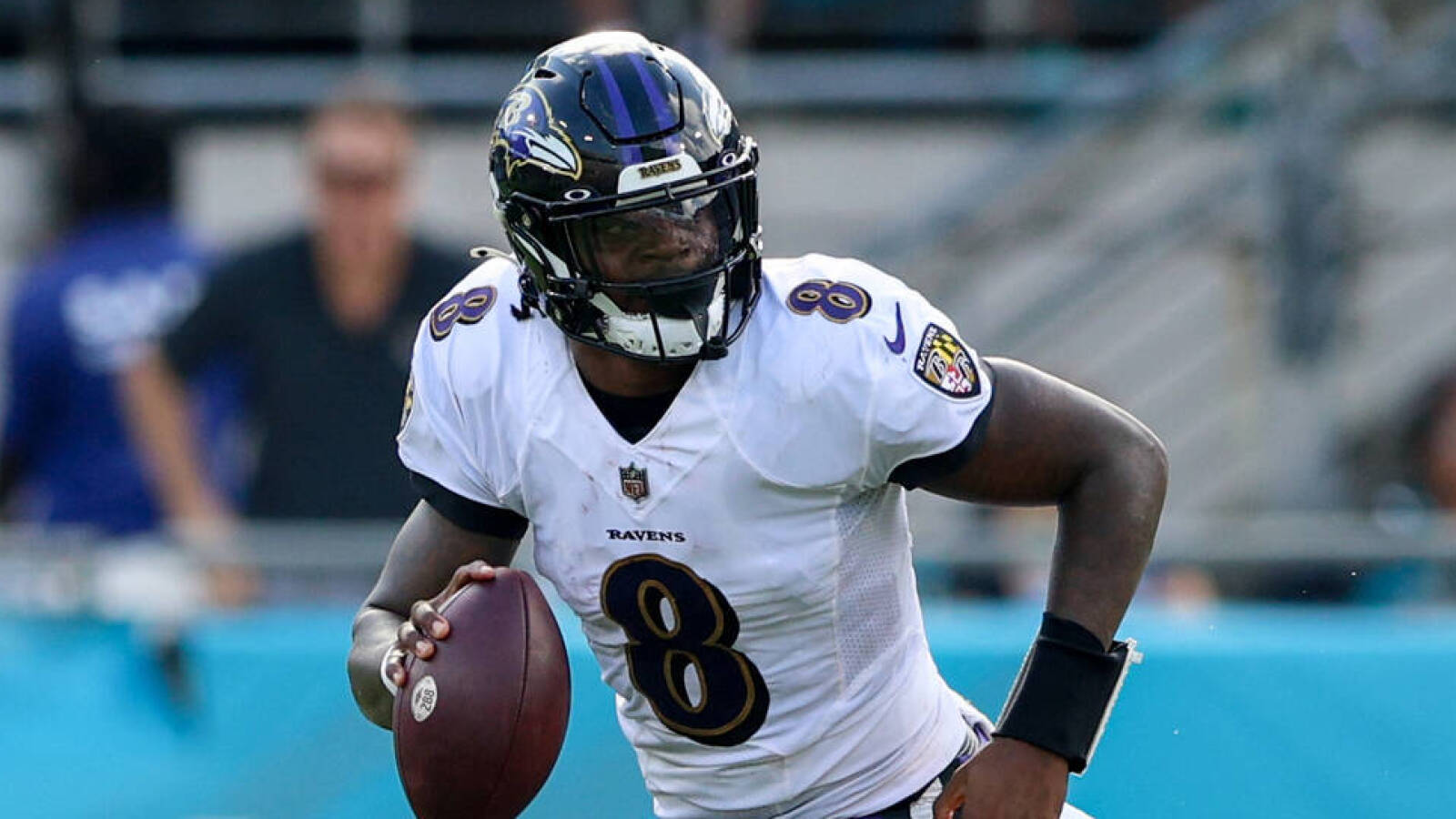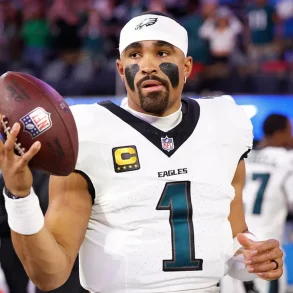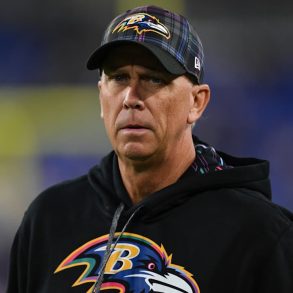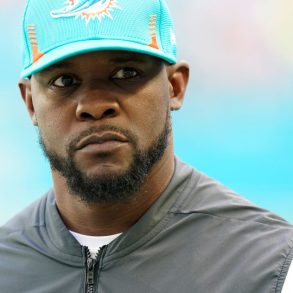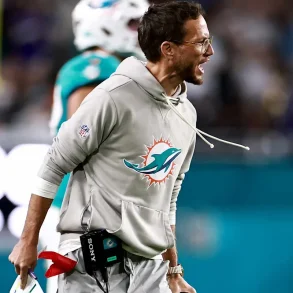Earlier this week, in light of renewed inquiries into the lack of efforts by other teams to secure quarterback Lamar Jackson with an offer sheet during the offseason, we asserted that collusion was at play. Some of you challenged us to provide evidence, and it appears the NFL Players Association (NFLPA) is attempting to do just that.
According to multiple sources, a collusion grievance filed in November 2022 is still pending. The NFLPA contends that teams reached an understanding to withhold fully guaranteed contracts from “certain quarterbacks” following the Cleveland Browns’ five-year, fully guaranteed deal with Deshaun Watson in March 2022.
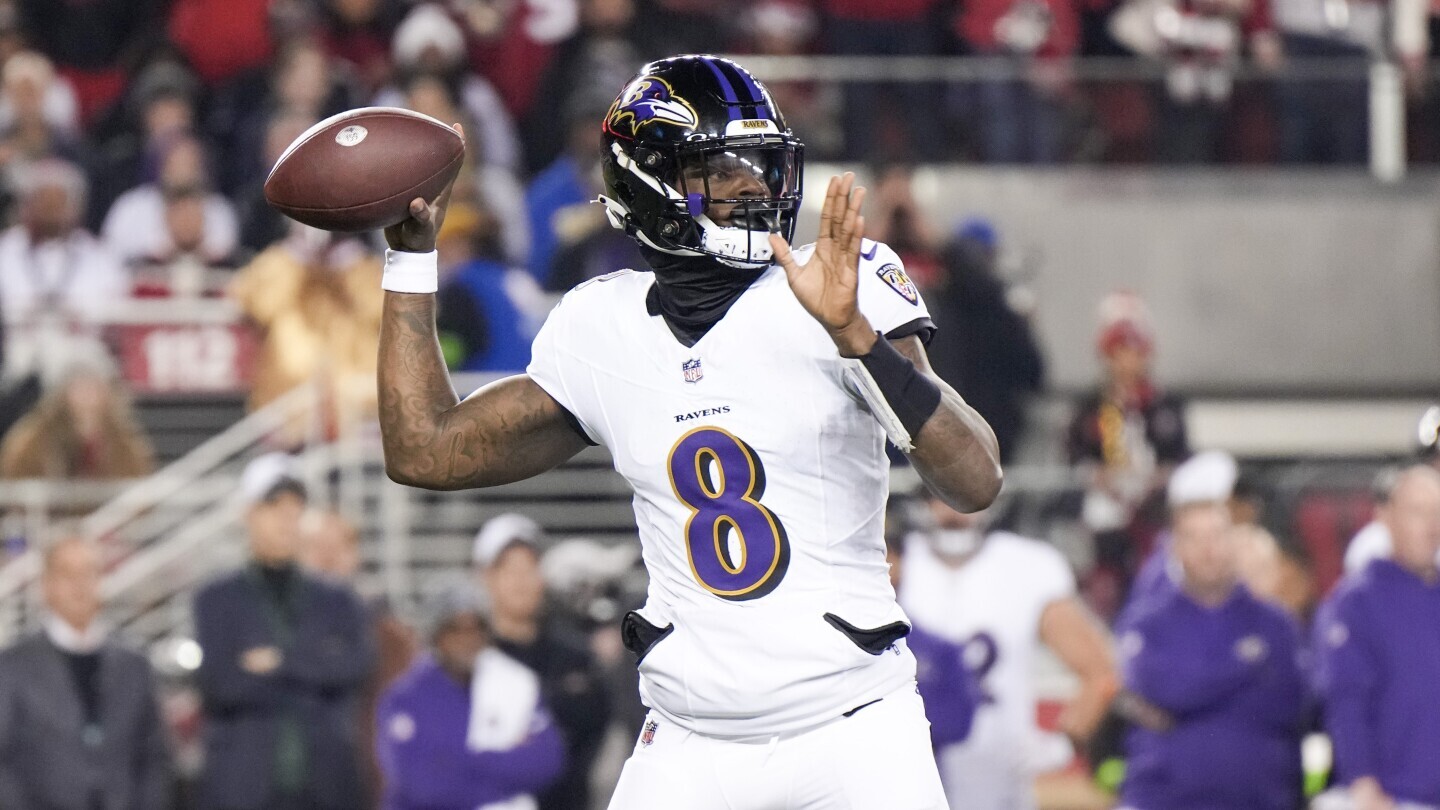
We have learned that sworn testimony has been gathered through depositions. While the list of individuals questioned remains undisclosed, it is reasonable to assume that those familiar with the pursuit, or lack thereof, of Lamar Jackson, including Jackson himself, may have been called to provide insights.
Cases of this nature typically lack a definitive smoking gun, as individuals are cautious about admitting collusion or leaving a written evidence trail. Consequently, circumstantial evidence becomes crucial, such as public complaints by owners following Watson’s fully guaranteed $230 million contract with the Browns.
The Collective Bargaining Agreement establishes rules agreed upon by both the union and teams. While terms like the salary cap, franchise tag, and draft restrict player movement, players have consented to these provisions. Collusion arises if teams independently impose additional restrictions on free enterprise beyond what the CBA permits.
Despite Lamar eventually securing a favorable deal with the Ravens, there’s an argument that a more lucrative offer could have materialized had a team aggressively pursued him, similar to the Browns’ pursuit of Watson. Owners may publicly express a commitment to winning the Super Bowl, but an underlying, unspoken goal is often to curb players’ influence.
If the Watson contract had set a precedent rather than being an exception, it would have shifted the balance too much in favor of players for owners’ comfort. Even without direct evidence of owners explicitly agreeing to avoid offering fully guaranteed contracts to veteran franchise quarterbacks, the consistent failure to do so suggests a collective focus on what benefits the overall business, indicating collusion.



